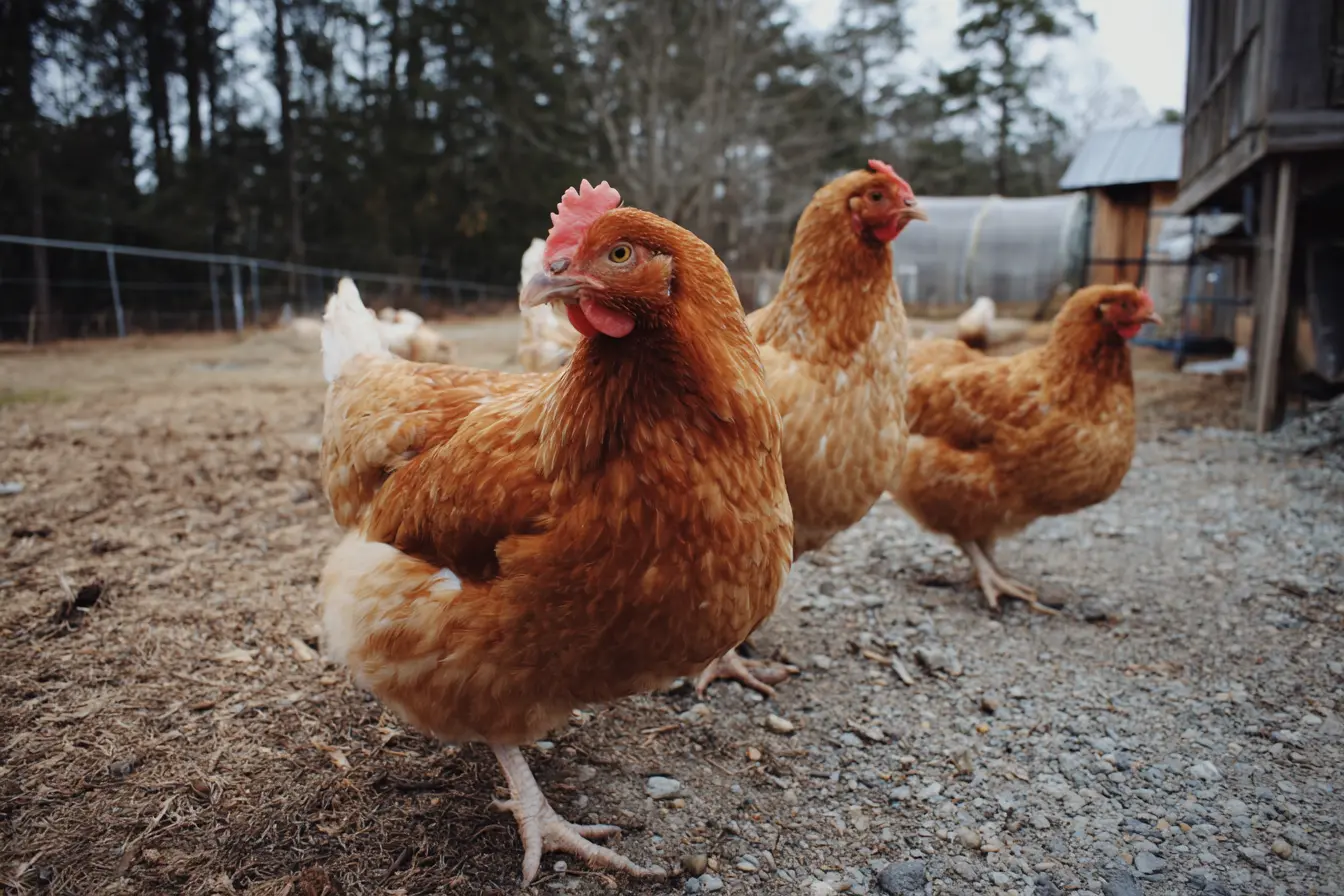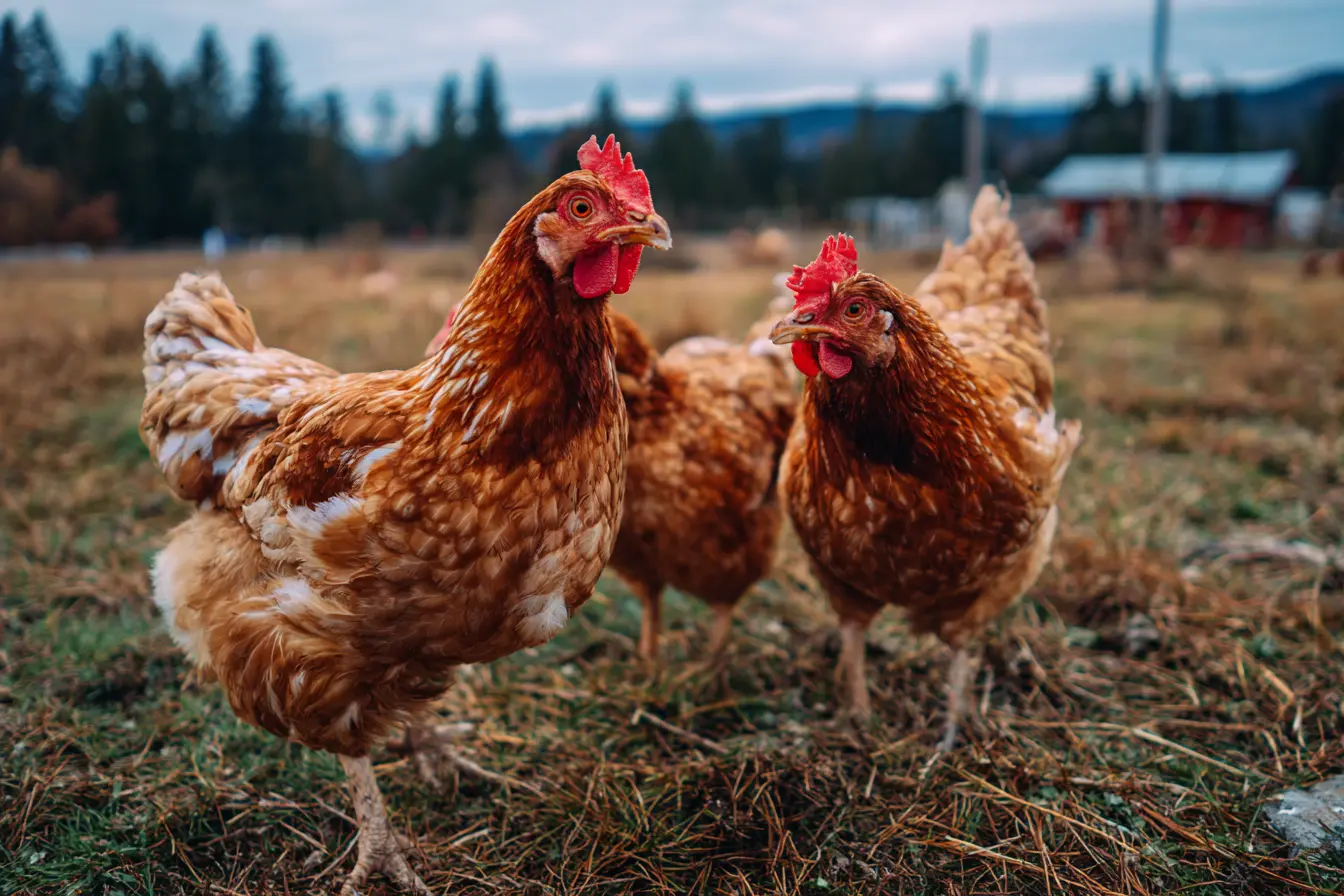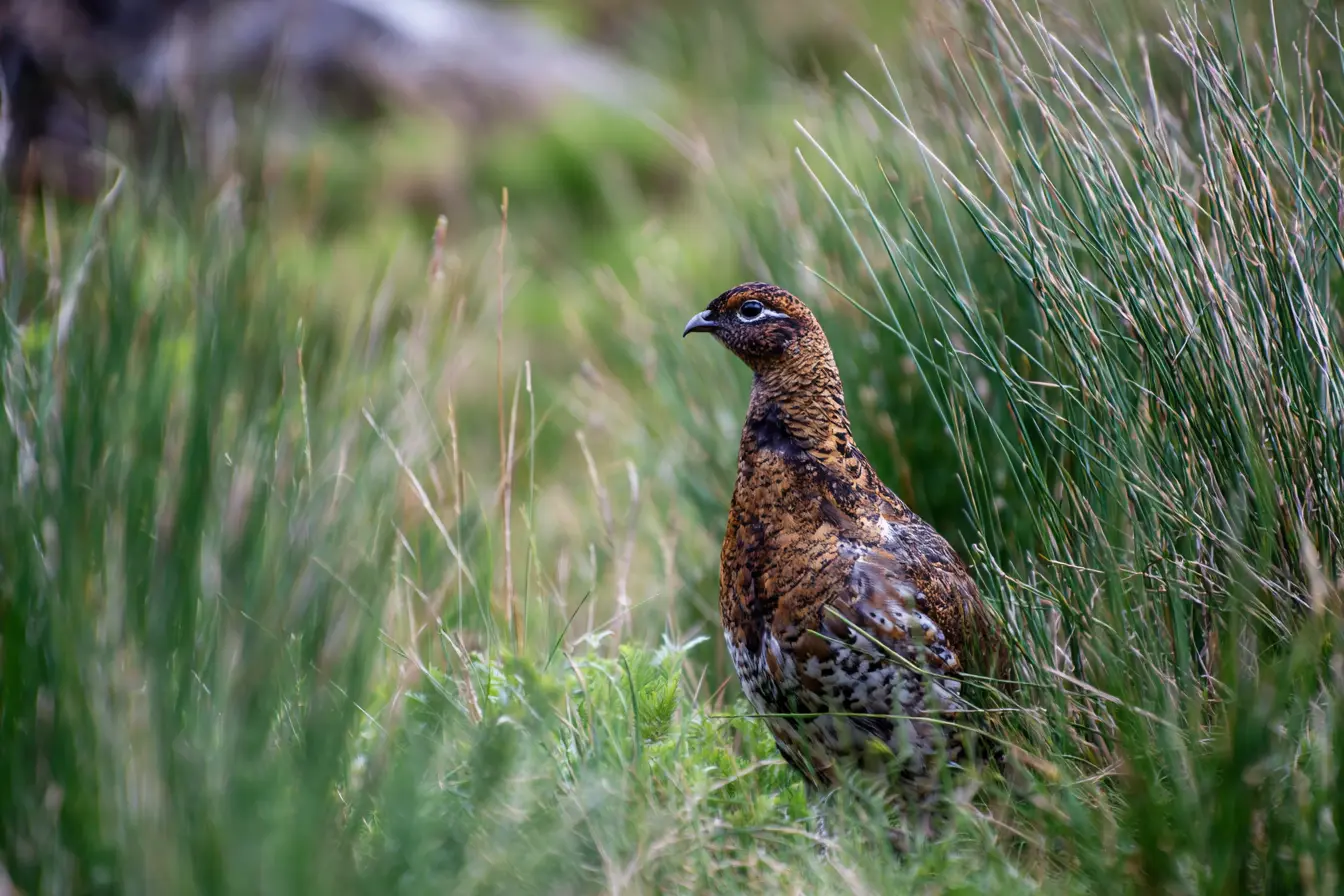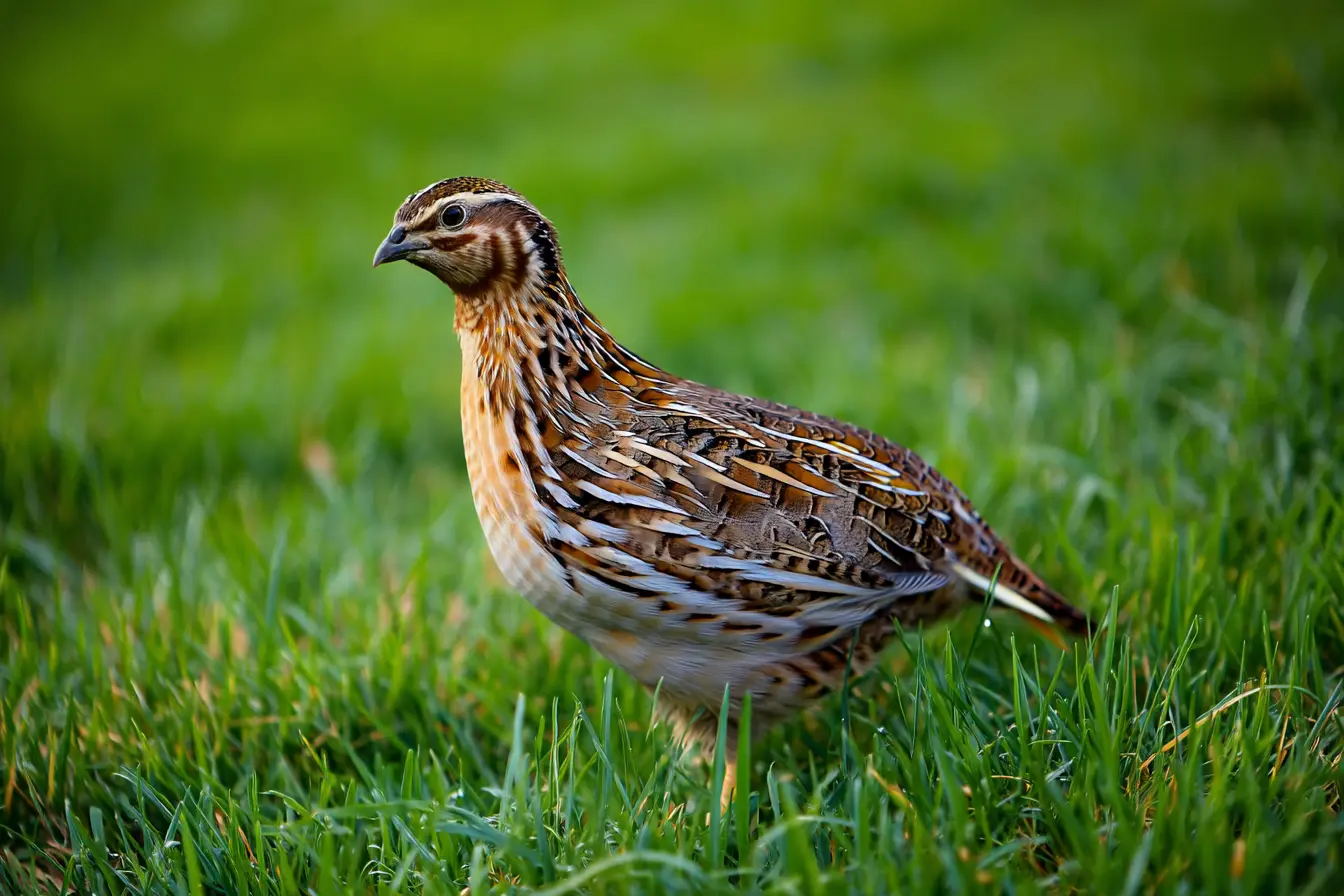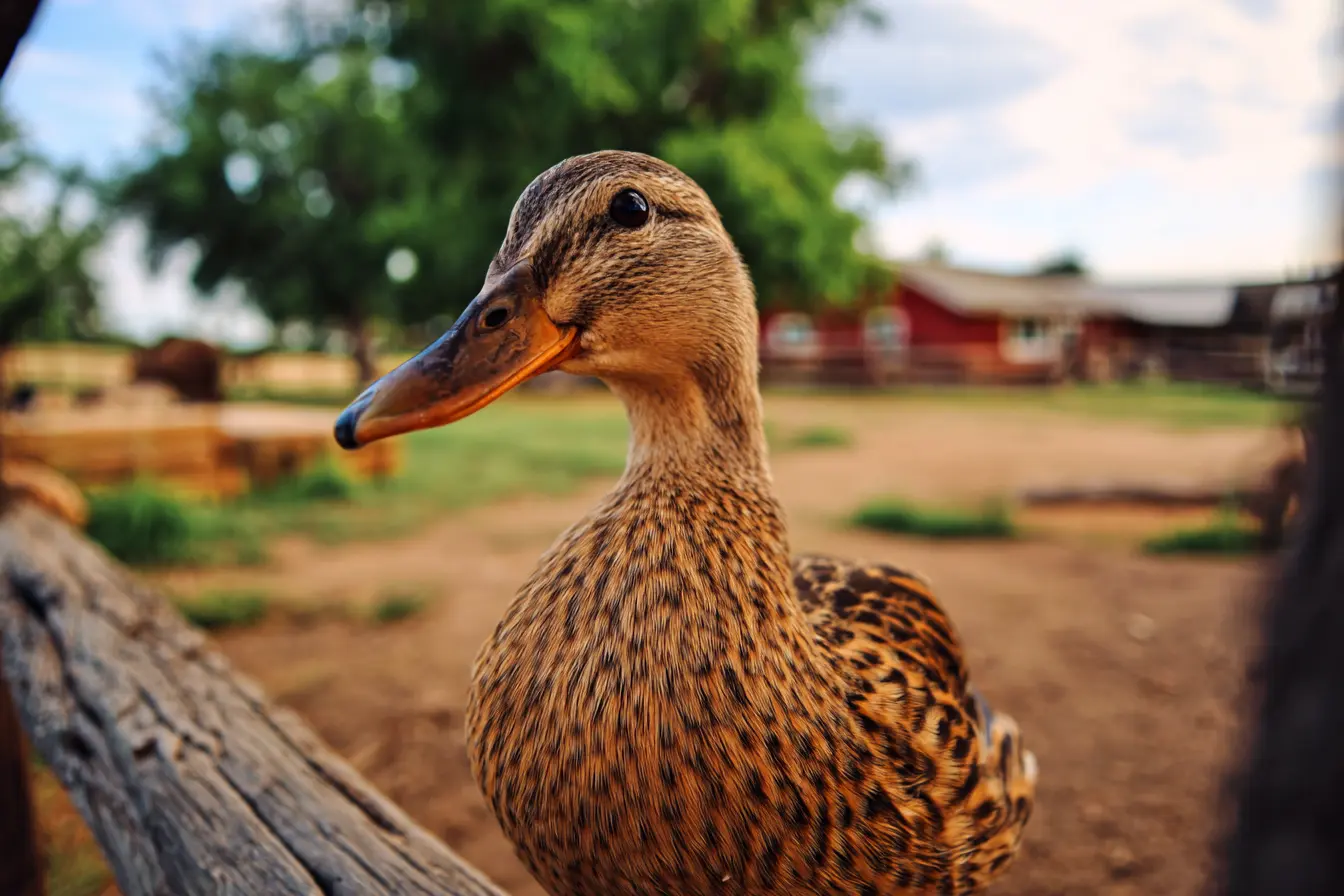
A Complete Guide to Deworming Ducks: What Every Keeper Should Know
Ducks are hardy, resilient birds, but like all animals, they are susceptible to internal parasites. Worm infestations can quietly undermine a duck’s health, affecting weight, behaviour, egg production, and immunity. Deworming is a key part of maintaining a healthy flock, yet it’s often overlooked in waterfowl care. This guide covers everything you need to know about deworming ducks, including common types of worms, symptoms of infestation, treatment options, natural alternatives, and preventative strategies.
Why Deworming Ducks Is Important
Worms can cause a wide range of health issues in ducks, even if they’re not immediately visible. Since ducks often forage in wet, muddy areas—ideal environments for parasite eggs and intermediate hosts—they are particularly prone to certain types of internal parasites.
Effective deworming:
- Promotes healthy growth and body condition
- Supports egg production and fertility
- Prevents secondary infections
- Reduces spread to other birds
- Improves overall flock vitality
Common Types of Worms That Affect Ducks
Ducks can host several different types of worms. The most common include:
Roundworms (Ascaridia spp.)
- The most frequently encountered worm in domestic ducks
- Live in the intestines and absorb nutrients
- In heavy infestations, can block the gut
Gapeworms (Syngamus trachea)
- Reside in the trachea and cause respiratory distress
- Ducks can pick them up from contaminated ground or via other birds
- Symptoms include gaping, coughing, and wheezing
Capillary Worms (Capillaria spp.)
- Extremely thin and thread-like
- Can inhabit the intestines or crop
- May cause diarrhoea, weight loss, and poor feather condition
Cecal Worms (Heterakis spp.)
- Live in the cecum, the blind sacs of the intestine
- Can serve as vectors for protozoan diseases like Histomoniasis (blackhead disease)
Tapeworms (Cestodes)
- Require intermediate hosts such as snails or insects
- Attach to the intestinal lining
- Often cause weight loss and stunted growth
Signs That Your Ducks Might Have Worms
Unlike chickens, ducks often hide signs of illness until infestations are advanced. Watch for the following signs:
- Lethargy or reduced activity
- Weight loss or failure to thrive
- Reduced egg production
- Pale bill or feet (a sign of anaemia)
- Diarrhoea or unusual droppings
- Respiratory distress (especially with gapeworm)
- Worms visible in droppings
Note: Some ducks may show no outward signs at all, making routine treatment or testing vital.
When and How Often to Deworm Ducks
There is no strict deworming schedule that fits all flocks. However, general recommendations include:
- Twice per year (typically spring and autumn) for maintenance
- More frequently in damp, high-risk environments
- Immediately when signs of infestation appear
- Every 3 months for ducks with access to wild waterfowl habitats
Regular faecal testing through a vet is a valuable tool for determining worm burdens and avoiding unnecessary treatments.
Chemical Deworming Options for Ducks
Licensed anthelmintics for ducks are limited, but several poultry wormers are used off-label with veterinary guidance. Common options include:
Flubendazole (e.g. Flubenvet)
- Used in feed over 7 days
- Treats roundworms, gapeworms, and some capillary worms
- Widely used in chickens, but off-label for ducks in the UK
- No egg withdrawal when used correctly under vet guidance
Ivermectin
- Broad-spectrum antiparasitic
- Treats worms and some external parasites
- Usually administered topically or orally
- Egg withdrawal required (commonly 7 to 28 days)
Fenbendazole (e.g. Panacur)
- Common in exotic or companion bird care
- Treats a wide range of worms including tapeworms
- Dosing must be precise and under vet supervision
Important: Always consult an avian or farm animal vet before using any medications. Dosing, method of delivery, and withdrawal periods can vary depending on the species and product.
Natural Deworming Approaches
While not replacements for pharmaceutical treatments, some keepers prefer to incorporate natural methods as part of a preventative regime. Common natural options include:
Diatomaceous Earth (DE)
- Added to feed to help reduce parasites
- Mechanically damages worm eggs (though scientific evidence is mixed)
- Food-grade only
Garlic
- May support the immune system
- Can be added in small amounts to drinking water
- Not a proven dewormer
Pumpkin Seeds
- Contain cucurbitacin, thought to paralyse intestinal worms
- Crushed and mixed with feed
Apple Cider Vinegar (ACV)
- Alters gut pH to deter some parasites
- Added to drinking water in small quantities (e.g. 5–10ml per litre)
Natural options should be used to complement—not replace—proper flock management and professional treatment where needed.
Preventative Measures
The best worming strategy is prevention. Reduce your ducks' risk of parasite infestations by:
- Keeping living areas clean and dry
- Rotating grazing or ranging areas regularly
- Avoiding overstocking
- Storing feed away from moisture and pests
- Limiting access to intermediate hosts (e.g. insects, snails, earthworms)
- Conducting periodic faecal testing
- Isolating new ducks before introducing them to the flock
Water management is especially important, as ducks often drink and dabble in potentially contaminated puddles and stagnant water.
Can You Eat Duck Eggs After Deworming?
This depends on the type of treatment used. General guidelines:
- Flubendazole: Usually no egg withdrawal period
- Ivermectin/Fenbendazole: Egg withdrawal may range from 7–28 days
- Natural remedies: No withdrawal required
Always consult the product packaging or a vet for clear instructions. If in doubt, err on the side of caution and discard eggs during the withdrawal period.
Conclusion
Deworming ducks is an essential part of responsible flock management. By staying informed about the signs of infestation, understanding treatment options, and maintaining clean, parasite-resistant environments, you can ensure your ducks live long, healthy, and productive lives.
If you’ve never dewormed your ducks before, now is the time to assess their risk and take action. A little prevention can save a lot of trouble down the line.
Contents
Tags
Vets near you
Speciality vets
- Aquatics vet specialists
- Birds vet specialists
- Camelids vet specialists
- Cats vet specialists
- Cattle vet specialists
- Deer vet specialists
- Dogs vet specialists
- Equines vet specialists
- Exotic vet specialists
- Goats vet specialists
- Pigs vet specialists
- Poultry vet specialists
- Sheep vet specialists
- Small Mammals vet specialists
- Wild vet specialists
Vet facilities
- Accessible by public transport
- Blood testing
- Car park nearby
- Client car park
- Dentistry
- Diagnostic imaging
- Disabled public access
- Flea and worm treatments
- Microchipping
- Mobile services
- Neutering
- Open at weekends
- Out-of-hours service
- Referral interests
- Referrals only
- Street parking outside
- Toilets available
- Vaccinations
